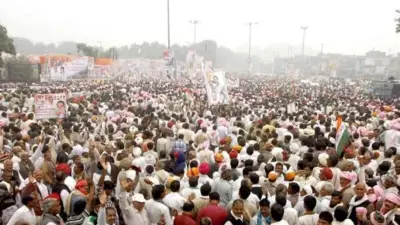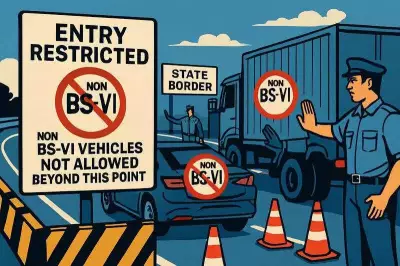
In a dramatic escalation of Middle East tensions, Yemen has issued a grave warning to Israeli Prime Minister Benjamin Netanyahu, threatening a massive retaliatory attack following Israel's latest military strike.
The Yemeni statement represents one of the most direct and ominous threats leveled against the Israeli leadership since the conflict began. Sources indicate the warning came through official channels and was immediately flagged by intelligence agencies monitoring the region.
Rising Stakes in Regional Conflict
This development marks a significant expansion of the ongoing Gaza conflict, drawing in additional regional players who have previously issued warnings but stopped short of direct threats against Israeli leadership. The Yemeni warning specifically references recent Israeli military actions that apparently crossed what Yemen considers red lines.
Security analysts are particularly concerned about the timing and tone of this ultimatum. "When a state actor directly names a head of government in a threat of this nature, it represents a serious escalation that cannot be ignored," noted Middle East security expert Dr. Rajesh Mehta.
Potential Regional Implications
The situation creates several worrying scenarios for regional stability:
- Possible opening of additional military fronts beyond Gaza
- Increased threat to international shipping lanes
- Potential for broader regional coalition against Israel
- Elevated risks for diplomatic personnel throughout Middle East
Israeli defense officials have reportedly convened emergency meetings to assess the credibility of the threat and prepare appropriate response measures. The Israeli Defense Forces (IDF) have been placed on heightened alert, though official statements from Jerusalem remain measured.
International Community Watching Closely
World powers are monitoring the situation with growing concern, recognizing that any military engagement between Israel and Yemen could trigger a wider regional conflagration. Diplomatic channels are reportedly active as international mediators attempt to de-escalate tensions before they spiral out of control.
The United Nations Security Council is expected to discuss the rising tensions in emergency sessions, though consensus on appropriate action remains elusive given the complex geopolitical dynamics at play.
As the situation develops, all eyes remain on Jerusalem and Sana'a, with the international community holding its breath hoping for de-escalation rather than another devastating chapter in the region's ongoing conflicts.





